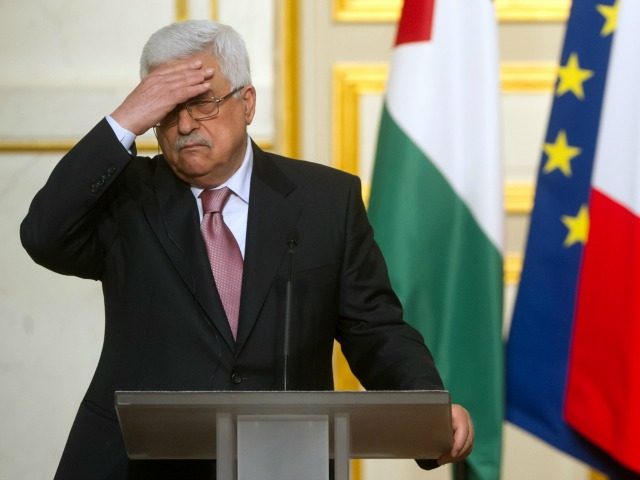RAMALLAH, West Bank (AP) — Palestinian President Mahmoud Abbas tightened his hold on Fatah and shut out a key rival, according to unofficial results Sunday of leadership elections in the movement which has dominated West Bank politics for decades.
The election comes at a time of intense behind-the-scenes battles among senior Fatah members to succeed Abbas once the 81-year-old decides to step down. However, Abbas has given no sign that he plans to retire from the presidency or his top jobs in Fatah and the Palestine Liberation Organization.
On Saturday, more than 1,300 Fatah delegates confirmed Abbas’ continued Fatah leadership role by acclamation and elected 18 members of the movement’s top decision-making Central Committee.
Unofficial results indicated that top vote getters were Marwan Barghouti, a Palestinian uprising leader jailed by Israel, and Jibril Rajoub, a former West Bank security chief. Both are seen as potential Abbas successors, and their strong showing could improve their eventual succession bids.
While Abbas cemented his control over the movement, the re-election of party stalwarts and Abbas loyalists is bound to affirm Fatah’s public image as a stale, aging movement that has failed to deliver on Palestinian dreams of statehood and is out of touch with the concerns of ordinary Palestinians.
The elections took place on the last day of a Fatah conference that was also meant to block the return of Mohammed Dahlan, a former Abbas aide who fell out with his boss several years ago and went into exile.
Several Arab countries, including the United Arab Emirates, have been pressing Abbas to allow Dahlan, a millionaire businessman, to reclaim a leadership position in the West Bank. In arranging the conference, Abbas effectively blocked Dahlan’s return to the top ranks of Fatah.
During the conference, the delegates approved Abbas’ long-standing political program of setting up a Palestinian state through negotiations with Israel even though the strategy has hit a dead end. Gaps have been too wide between Abbas and Israeli hardliner Benjamin Netanyahu, in power since 2009, to allow for meaningful negotiations.

COMMENTS
Please let us know if you're having issues with commenting.